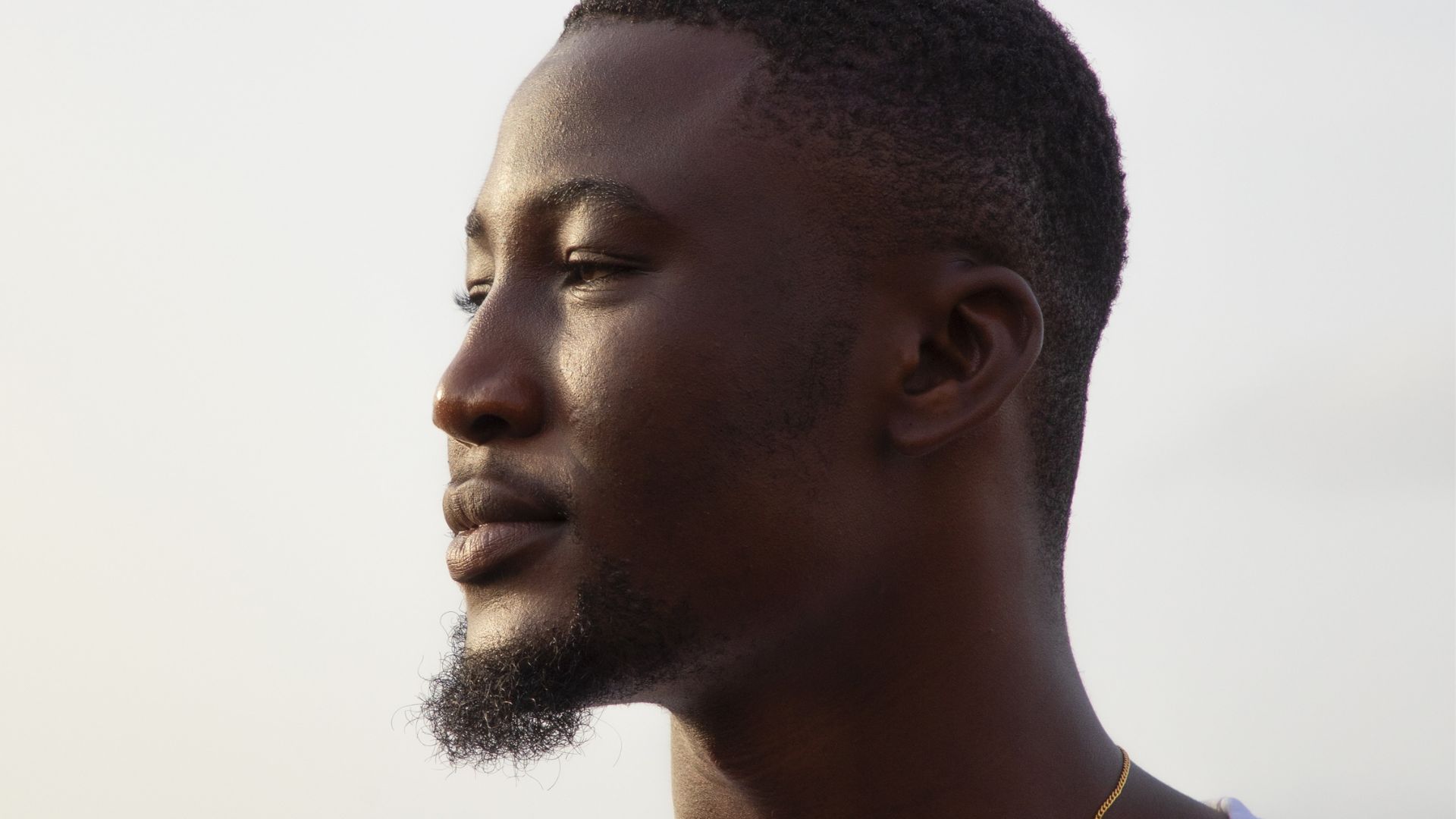You are viewing your 1 free article this month. Login to read more articles.
W&N signs debut novel from Dylan Thomas Prize winner Ifeakandu
W&N has acquired the debut novel, Say You’re Here by Arinze Ifeakandu, who won the Dylan Thomas Prize for his short story collection God’s Children Are Little Broken Things which was published by W&N in July 2022.
Lettice Franklin, publishing director, acquired UK and Commonwealth rights from Anna Haddelsey at The Wylie Agency. Rebekah Jett at Scribner has acquired North American rights. It will be published in spring 2026.
Say You’re Here begins in a hotel room, snow falling thickly outside, as two men meet for the first time. Kachi is a young music student, recently arrived in Iowa from Nigeria; Noah is a married businessman who has never slept with another man before.
From that one-night hook-up, the novel unspools, revealing the unexpected entanglement that follows, encompassing families and friends, spanning multiple continents, and delving deep into the complexities of the human heart.
Franklin said: “Adoration; yearning; boyishness; queer love; interracial love; secret love; brotherhood; motherhood; fatherhood; friendship; sex; loneliness; intimacy; joy – all of this and more spills from the pages of this breathtakingly beautiful novel. Say You’re Here is ambitious but intimate, powerful in its vulnerability, precise but all-encompassing too.
"It is a major work from an exceptional talent, and I find it almost impossible to believe it is a debut, so confident and effortless is it in its storytelling. It offers yet more proof that Arinze Ifeakandu is one of the most gifted writers of his generation. I feel so lucky to be publishing it at W&N.”
Ifeakandu’s God’s Children Are Little Broken Things was also a Republic of Consciousness Prize winner, and the author is also a finalist for the Kirkus and LAMBDA prizes, and a recipient of the O’Henry Prize and Story Prize Spotlight Award. He was born in Kano, Nigeria.
He said: “I began writing this novel in the summer of 2020, soon after moving to America. For the first time in my life, I knew what it was to lose the power of boyishness: in Iowa, I was a man, a black man, complete with all its unflattering suppositions. In Nigeria, I was an artistic boy, seemingly harmless and given grace. I was thinking too of sex, of home, of errant fathers, of separation, dislocation, of the queer friendships affected by it all.
“Thinking of what it meant to seek romantic connections in the age of Grindr and Twitter and OnlyFans. I am aware of all the ways this novel will be framed: an immigrant novel; a novel about race and interracial love; a novel about America. But I try to bring to this novel the same thing. I brought to my collection of stories: tender, vulnerable human stories whose thematic preoccupations feel immersed in character, place and consciousness.”


















